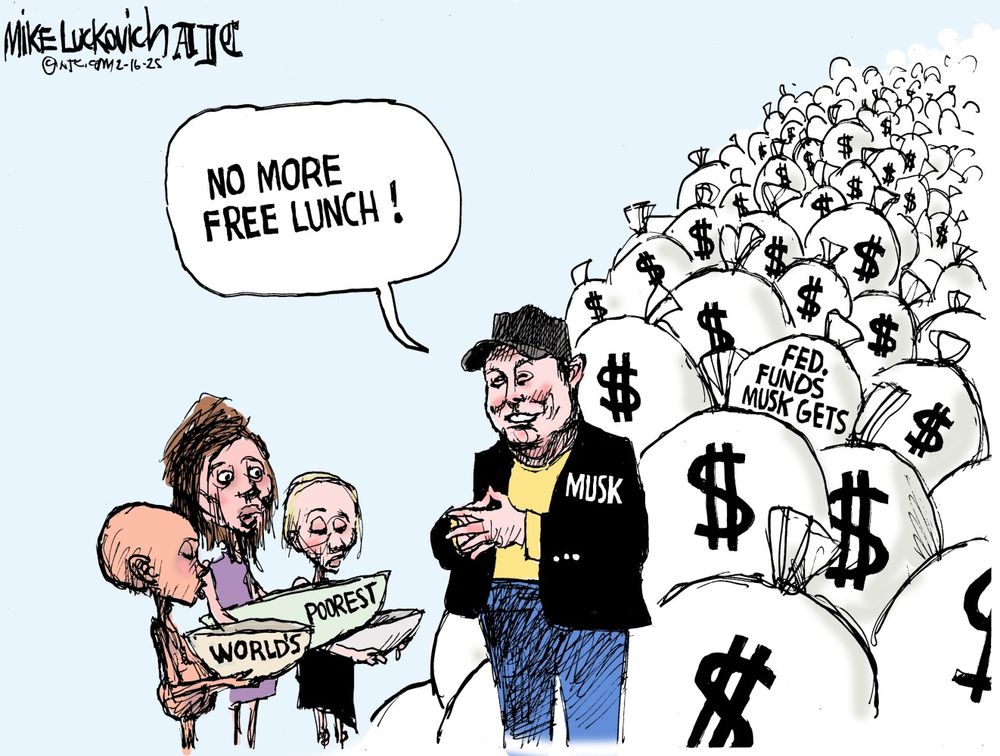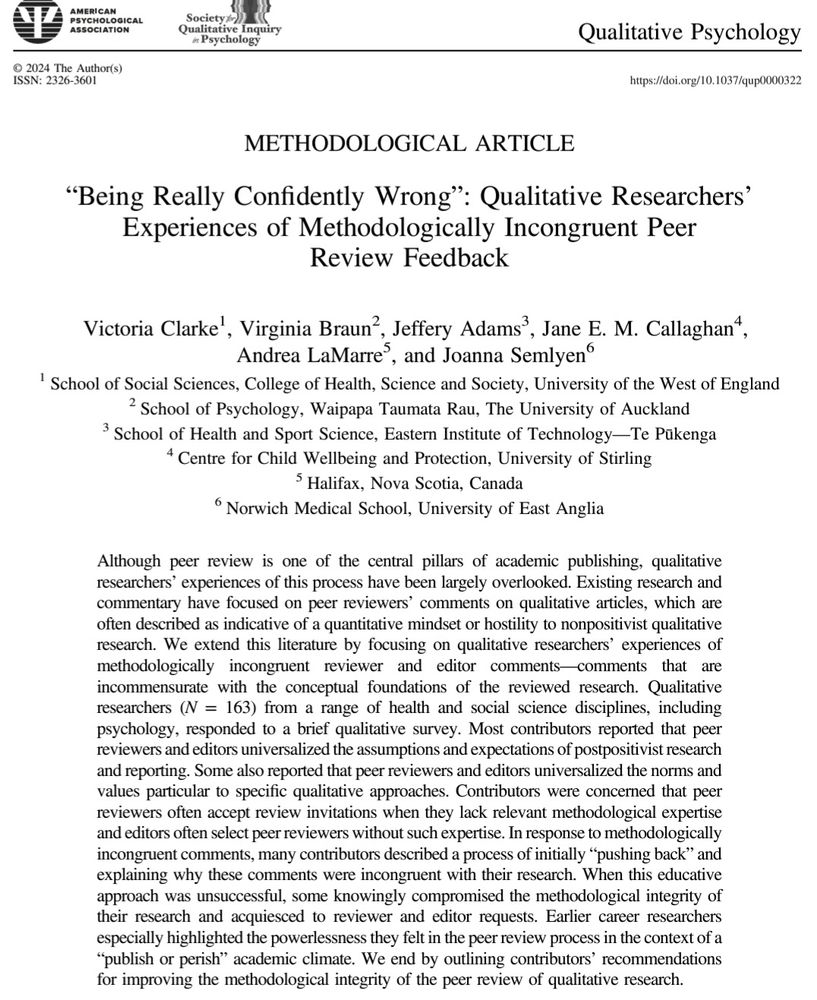Megan Meyer, MPH, RD (she/her)
@megannomnom.bsky.social
61 followers
81 following
11 posts
Registered Dietitian + interdisciplinary health PhD student in Northern Arizona. Maternal/child health, child feeding, and body image. Food, nutrition, and bodies are political 🫶🏻
Posts
Media
Videos
Starter Packs
Reposted by Megan Meyer, MPH, RD (she/her)
Reposted by Megan Meyer, MPH, RD (she/her)
Reposted by Megan Meyer, MPH, RD (she/her)
Reposted by Megan Meyer, MPH, RD (she/her)






